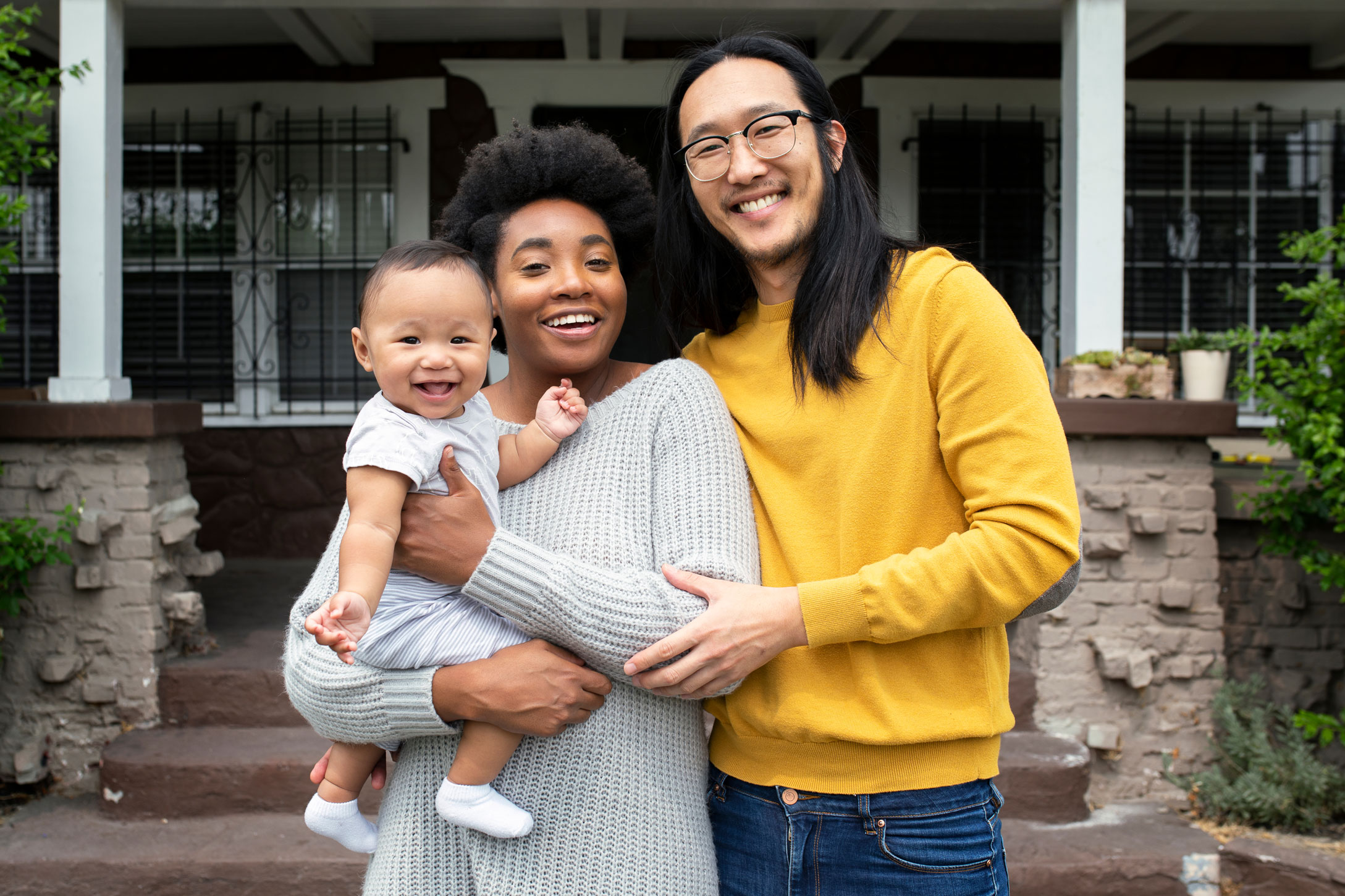San Joaquin Fair Housing Inc. has been in existence for over three decades. Incorporated in 1983 as a nonprofit to fulfill the Federal Government’s Department of Housing and Urban Development’s (HUD) requirements under CDBG funding to further Fair Housing in the community. We strive to provide education, mediation, housing assistance, complaint investigation, and resolution. We do this by working alongside property managers, property owners, City and County Code Enforcement, Public Health, Human Services Agency, and Housing Authority of San Joaquin. The Program has evolved to include education and testing in Fair Housing practices to fulfill the national and local CDBG objectives to affirmatively further Fair Housing within our community.

The Fair Housing Act is a federal law that protects certain categories of people from unfair treatment in housing situations. The Act became law in 1968 and was expanded in 1974 and 1988. Its original purpose was to prohibit housing discrimination based on race. Prior to 1968, the practice of redlining kept Black Americans segregated in separate communities. Redlining is marking areas on a map to show where mortgages are unavailable because of the makeup of a neighborhood. Most complaints reviewed by the U.S. Justice Department still involve racial discrimination.
The law was updated in 1974 to prohibit discrimination based on gender. In 1988 the law was updated again to add family status and disability as protected classes.
